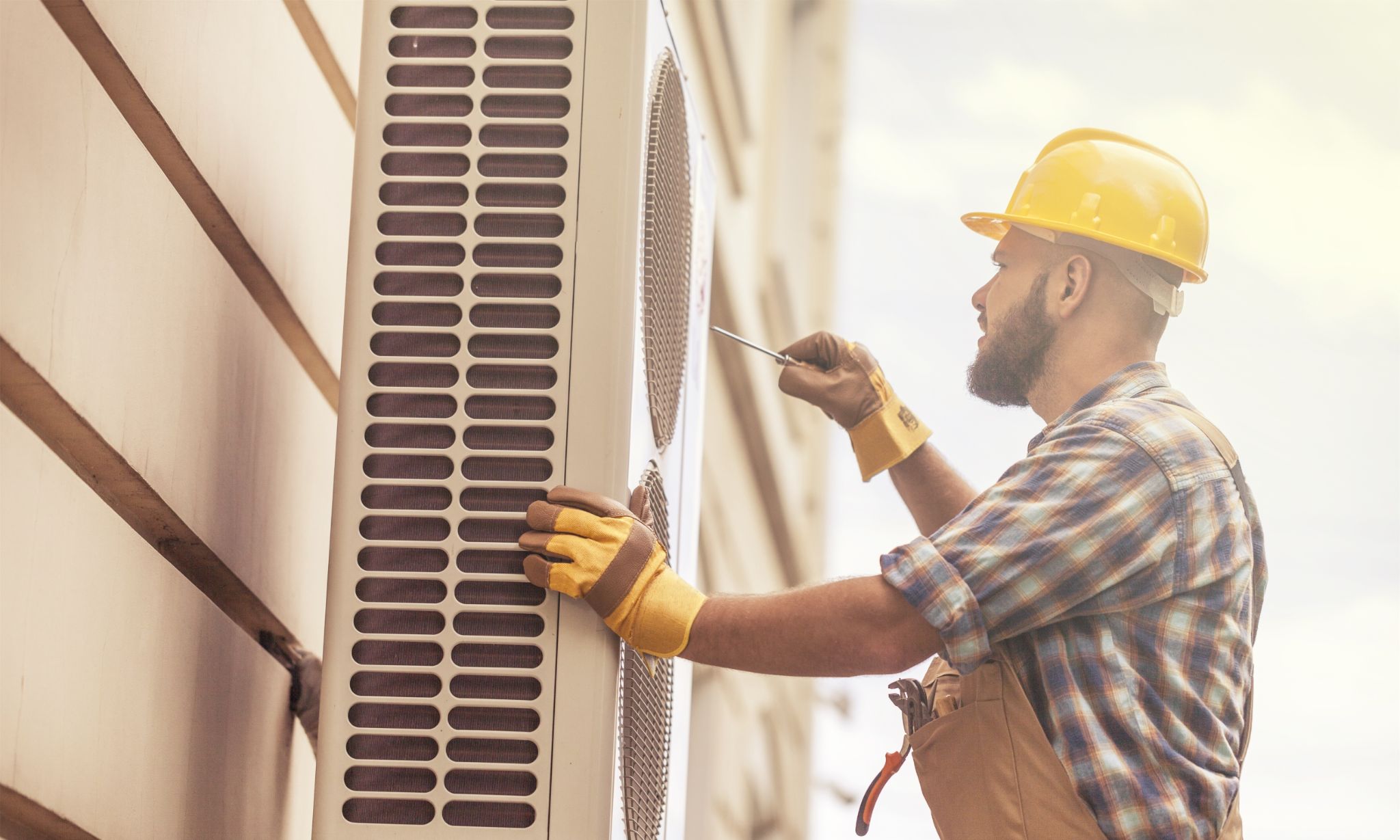Is a New HVAC Unit Tax Deductible?

Energy Star equipment tax credits for residential homeowners were extended by the IRS through December 31, 2021. Taxpayers who make qualifying home improvements before the end of 2021 can claim a tax credit when they file their 2021 tax returns.
Included in the eligible tax credits are certain HVAC systems that meet specific qualifying requirements when you have a new system installed by a professional heating and cooling company. There are two specific qualifying conditions you must satisfy to be eligible for a federal tax credit, as follows:
#1: The new air conditioner must be installed at your primary residence.
You can only qualify for the tax credit when the new system is installed in your primary residence. For most people, this will be their existing home. If you own more than one home, only the one you use as your primary residence qualifies for the tax credit.
#2: The new air conditioner must meet energy-efficiency improvement requirements.
The new HVAC system must meet the required energy efficiency rating. Energy efficiency ratings are determined by the type of system you have installed. It is highly recommended you review what systems qualify for the energy property tax credit with your HVAC installer to ensure you select an eligible unit.
How Much Is the Energy Efficiency Tax Credit Worth?
The maximum amount of the energy efficiency tax credit will vary depending on the type of system installed. You could qualify for a tax credit if you have one of the following HVAC systems installed in your home:
- Gas Furnace
- Split System Heat Pump
- Packaged AC System
- Heat Pump/Dual Fuel Systems
- Central Air Conditioning Split Systems
- Gas Furnace or Packaged System with an Advanced Main Air Circulating Fan
Qualified home improvement HVAC system installations can earn tax credits ranging from $50 to $300. However, some homeowners may qualify for 10% of the installed costs up to $500 maximum. You can also get incentives and tax credits on other home renovation projects like solar electric gadgets, clean energy, electric vehicles, smart home, etc. If you clear for any of these programs, you can search for a tax accountant near me and consult a reputable company to help you file for personal taxes and rebates.
Why Does This Home Improvement Incentive Exist?
In efforts to get homeowners to make energy-efficient home improvements, the federal government rolled out the incentive program back in 2006. Since that time, they have continued to renew the program, extending its expiration date. Originally, the program was slated to expire on December 31, 2020. However, it was extended for another year.
There is no guarantee the program will be extended beyond 2021. Furthermore, each time the program is extended, the amount of qualifying energy-efficiency tax credits have been gradually reduced. So, if you have been thinking about having a new HVAC system installed and want to take advantage of the federal tax credits, now is the perfect time.
Aside from the energy property tax credits for HVAC systems, there are tax credits for qualifying water heaters as well. You can combine tax credits up to the maximum $500 amount.
How Do You Claim This Tax Credit?

To claim the energy-efficient home federal tax credit, you need to fill out IRS Form 5695 and complete Form 1040 when preparing your federal income tax return. If you use a tax preparation software or application, make sure to select that you need to fill out Form 1040.
The application should prompt you by asking questions about energy-efficiency improvements you made to your home. If you have a tax accountant prepare your tax return, simply let them know you want to claim this tax credit on your 2021 tax return.
Find Out How Much You Could Qualify For
If you want to find out how much you could qualify for when you have a new HVAC system installed in your home, please feel free to contact Christianson Air Conditioning & Plumbing. Call us at 512-246-5400 to schedule an in-home consultation in New Braunfels, Temple, San Antonio, or the Austin Metro Area today!
We can also provide you information about water heater replacements that qualify for federal tax credits.
Tags: Energy Efficiency Tax Credits, Energy Property Tax Credit, Is a New HVAC Unit Tax Deductible



Sorry, comments for this entry are closed at this time.